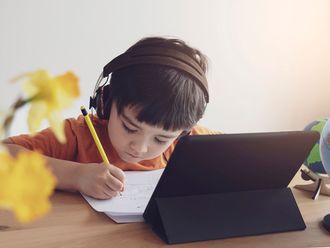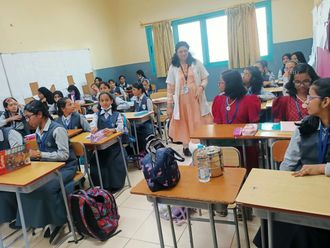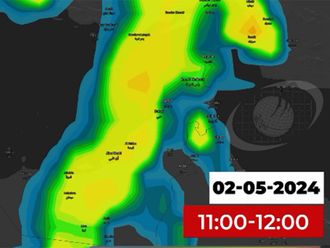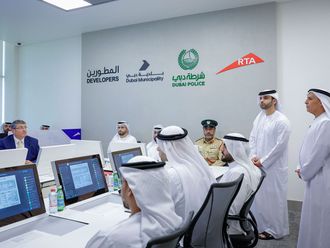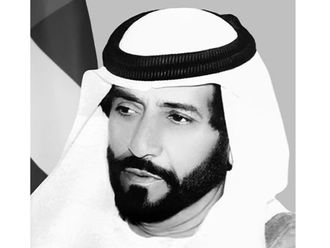Abu Dhabi: Nearly 4,700 pupils with special needs are currently integrated into public schools across the emirate of Abu Dhabi, the Abu Dhabi Education Council (Adec) announced in a statement on Sunday.
To ensure that these pupils are educated based on specific Adec standards and policies, a two-day workshop was recently conducted for 130 special education professionals working in public schools based in the capital.
The training focussed on the different types of speech and language disorders, their causes, and the methods of diagnosis. The educators were also familiarised with various techniques used to assist children with these disorders.
A similar workshop will also be organised this week for 130 teachers from schools in Al Ain and Al Gharbia in the Western Region.
In addition, school leaders from across the 268 public schools in the emirate will soon be offered training that aims to familiarise them with their roles and functions regarding special needs education.
“These training sessions will help to strengthen the way in which public schools identify and respond to the needs of their pupils, and also help schools to gain a better understanding of their roles in accommodating and supporting pupils with special needs,” said Adam Hughes, section manager of education special programmes at the Adec.
“Children with all levels and types of disability greatly benefit from social experiences with typically-developing peers. In addition, children without disability also benefit from the inclusive experience, learning cooperation and acceptance of others’ differences,” he told Gulf News.
Special needs pupils in the emirate suffer from a variety of conditions, including learning disabilities, intellectual disabilities, behavioural conditions, speech and language disorders, and visual and hearing impairment.
The most common requirements among special needs pupils in the emirate are speech and therapy, said Amal Al Junaibi, team leader for special needs education services at the Adec.
“Among 2,700 special needs pupils in the capital city, 600 suffer from speech and language disorders. This is why the training workshops are vital in helping teachers and school leaders cater to the educational needs of the pupils,” Amal said.
As part of its 10-year strategic plan launched in 2009, the Adec is also continuing to build the capacity of schools so that they can include a greater number of special needs pupils, Hughes said.
Moreover, physical barriers have been minimised in all new and refurbished public schools in order to support the integration of special needs pupils. They have also been equipped with ramps, elevators, accessible seating in all areas of the school, as well as therapeutic group rooms, he added.
The Adec also distributes devices each year to help the education of special needs pupils, including FM hearing systems to support those with hearing impairment, Braille equipment and special laptops for pupils with visual impairment.




